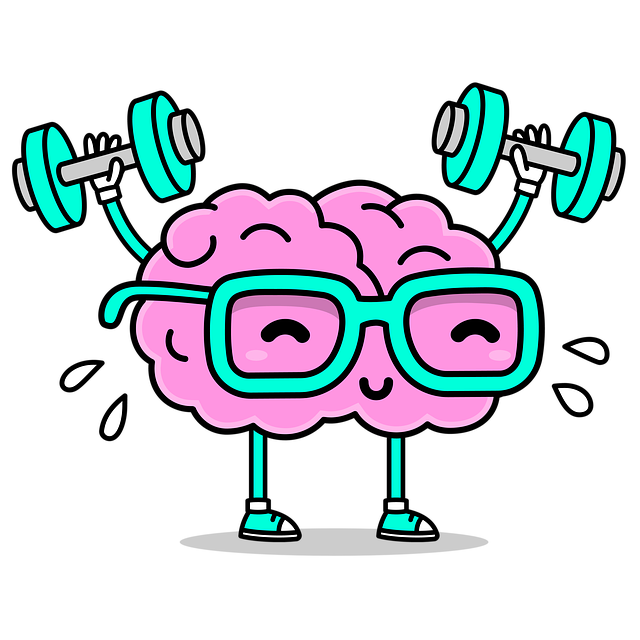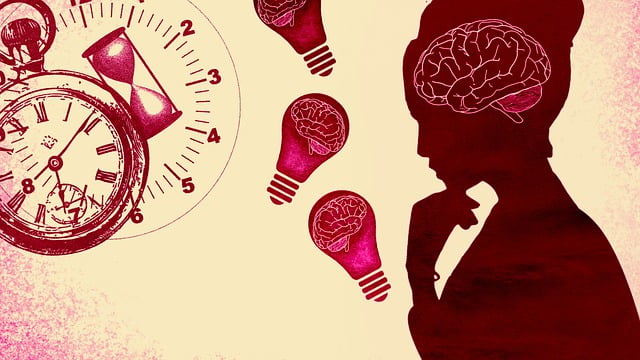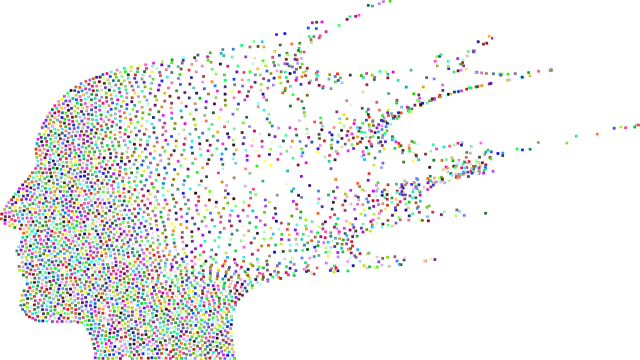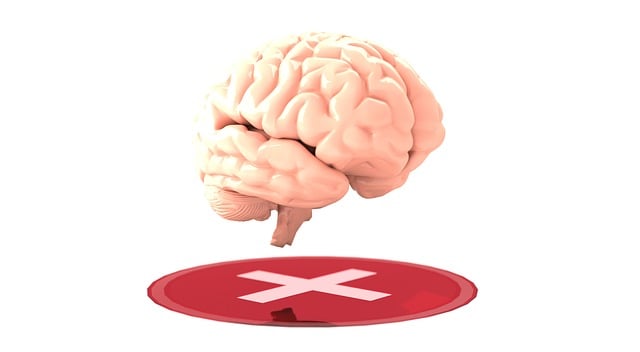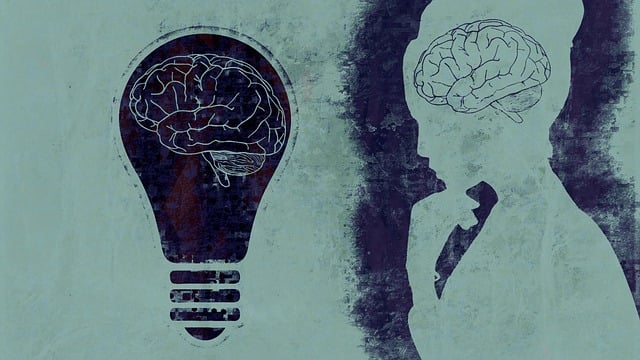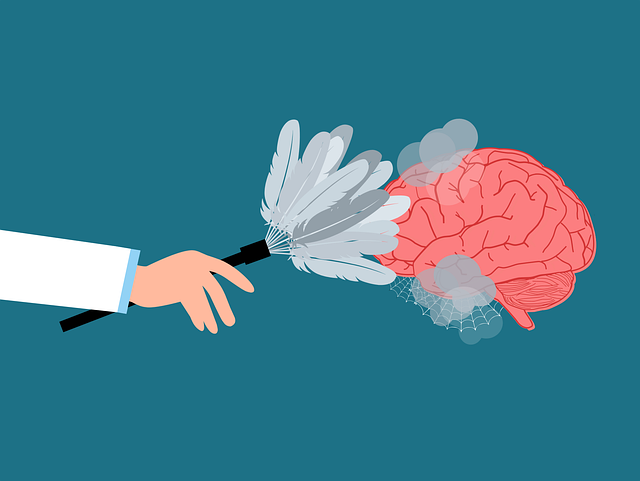In today's diverse society, culturally sensitive therapy is crucial for effectively treating depression in children from various backgrounds. Mental healthcare professionals must recognize cultural influences on distress expression, tailor resilience-building strategies to individual cultural contexts, and provide holistic support that respects heritage. Overcoming barriers like lack of awareness, language differences, and inadequate culturally competent self-care practices is essential for building trust and enhancing treatment effectiveness. Training, inclusive resources, and tailored approaches, such as active listening and empathy, facilitate open communication, improve therapy sessions, and increase engagement in treatment plans for young patients with depression.
Cultural sensitivity is an indispensable aspect of mental healthcare, especially when addressing the unique needs of children. This article explores the intricate relationship between cultural diversity and children’s mental health, delving into barriers that hinder culturally sensitive therapy and offering practical strategies to enhance practice. We examine the profound impact of culturally responsive care on treating depression in children, emphasizing its potential to revolutionize therapeutic outcomes. By understanding diverse cultural contexts, mental health professionals can provide more effective support.
- Understanding Cultural Diversity in Children's Mental Health
- Barriers to Culturally Sensitive Therapy
- Strategies for Incorporating Cultural Sensitivity in Practice
- The Impact of Culturally Responsive Care on Depression Treatment
Understanding Cultural Diversity in Children's Mental Health

In today’s diverse society, mental healthcare professionals must be equipped to understand and address the unique needs of children from various cultural backgrounds. Cultural diversity significantly impacts a child’s experience with depression, as symptoms and expressions of distress can differ across cultures. For instance, some children may exhibit externalizing behaviors rather than internalizing them, which is more commonly observed in Western contexts. Therefore, professionals must be vigilant to these variations to provide effective therapy for children depression.
Integrating cultural sensitivity into practice means recognizing the role that a child’s background plays in shaping their mental health. Building resilience and improving self-esteem are not one-size-fits-all processes; they require tailored approaches that consider the individual’s cultural context. Through culturally competent care, professionals can enhance emotional regulation in these young patients, ensuring they receive holistic support that respects and embraces their heritage.
Barriers to Culturally Sensitive Therapy

In navigating the complex landscape of mental healthcare, ensuring cultural sensitivity is paramount to fostering effective therapy. However, several barriers often impede this process, especially when treating children from diverse backgrounds. One significant challenge is the lack of awareness and understanding among therapists regarding cultural nuances, leading to miscommunications and mistrust. Children from different ethnic, racial, or religious groups may bring unique perspectives and experiences into therapy, which, if not acknowledged and respected, can create a sense of detachment and hinder progress.
Additionally, language differences play a crucial role in creating barriers. Therapists must be proficient in providing mental wellness guidance tailored to the specific cultural context of each child, including their family dynamics and beliefs. The absence of culturally competent self-care practices and mental wellness journaling exercises can limit the therapist’s ability to connect with the client on a deeper level, making it difficult to address underlying issues related to depression or other mental health concerns. This is further exacerbated by a lack of diverse representation in the production of mental wellness podcast series, which could serve as valuable resources for both therapists and clients from various cultural backgrounds.
Strategies for Incorporating Cultural Sensitivity in Practice

Incorporating cultural sensitivity into mental healthcare practice is essential for building trust and ensuring effective treatment, especially when working with diverse populations, such as children dealing with depression from various ethnic or cultural backgrounds. The first step involves Healthcare Provider Cultural Competency Training, which equips professionals with knowledge about different cultures, their beliefs, and practices related to mental health. This training fosters an understanding of potential communication barriers and encourages providers to adapt their approaches accordingly.
Additionally, resilience-building strategies can be tailored to respect and strengthen a child’s cultural identity. Effective communication strategies are vital here; using inclusive language, actively listening, and demonstrating empathy can create a safe space for children to express themselves honestly. These methods not only enhance therapy sessions but also contribute to improved outcomes, as culturally sensitive practices have been shown to increase engagement and adherence to treatment plans in young patients with depression.
The Impact of Culturally Responsive Care on Depression Treatment

Culturally responsive care plays a pivotal role in enhancing the effectiveness of therapy for children suffering from depression. By integrating cultural sensitivity into mental healthcare practice, therapists can create an environment that feels safe and relatable to young patients from diverse backgrounds. This approach recognizes the impact of cultural beliefs, values, and traditions on emotional well-being promotion techniques, ensuring that interventions align with the child’s unique experiences and identities.
When delivered with cultural sensitivity, therapy for children depression goes beyond symptom reduction. It fosters emotional healing processes by addressing the root causes of distress within the context of the child’s culture. This holistic approach not only improves clinical outcomes but also strengthens the therapeutic alliance, encouraging open communication and engagement in treatment. As a result, culturally responsive care becomes a powerful tool to support children on their journey towards mental health recovery.
Cultural sensitivity in mental healthcare is no longer a consideration, but an essential component for effective therapy, especially when treating children with depression. By understanding and addressing cultural diversity, overcoming barriers, and implementing specific strategies, healthcare professionals can significantly enhance the outcomes of depression treatment. The impact of culturally responsive care extends beyond improved clinical results; it fosters trust, respects individual identities, and promotes overall well-being in a diverse range of patients. Embracing these principles is crucial for providing inclusive therapy tailored to each child’s unique cultural context, ultimately revolutionizing mental healthcare accessibility and quality.

